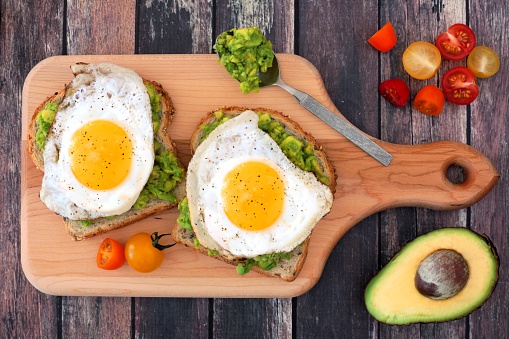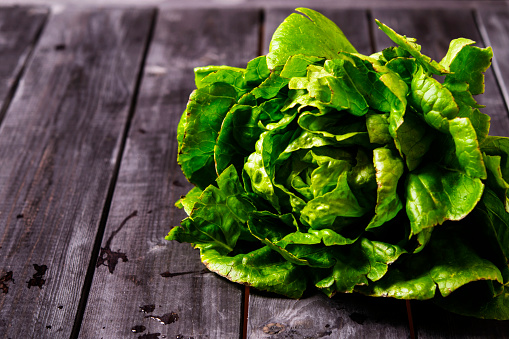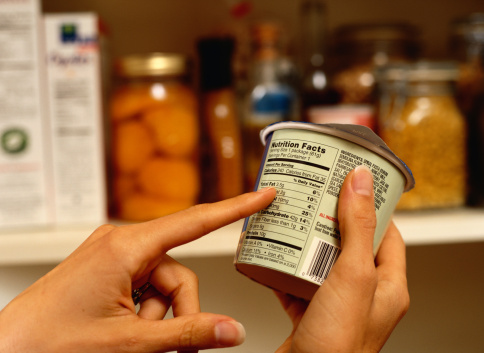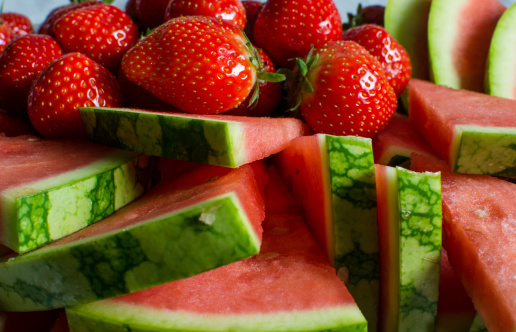7 Super Unhealthy Habits of Healthy People
Article posted in: Lifestyle
Remember the road that’s paved with good intentions? You could be on it. Even health nuts can find themselves in a downward diet spiral, with a few surprisingly unhealthy habits.
Here are seven shockingly unhealthy habits of health-conscious people:
1. You follow outdated health advice.

Growing up, you heard that chocolate caused acne, and eggs had so much cholesterol you should skip them altogether. But those myths have been debunked by numerous studies. Sticking to old news is one of the most common unhealthy habits of health-conscious people. The current thinking on diet and acne is that milk and high-glycemic foods may play a role in exacerbating pimples.
And eggs? They’ve gotten a clean bill of health.
In fact, a recent study found that eating up to three eggs a day increased levels of good cholesterol, which can lower heart disease risk. Eggs are also chock full of healthy protein and nutrients that, among other things, can help protect your eyesight. Read more about the Egg-Cholesterol Connection here.
Some of your other long-held health beliefs may be equally outdated. Challenge them by checking with reliable Internet sources such as the American Heart Association, the National Academy of Nutrition and Dietetics and the National Institutes of Health.
*Note: Cholesterol is still a nutrient of concern for individuals with diabetes.
2. You overeat “healthy” foods.

Researcher Brian Wansik of Cornell’s Food and Brand Lab has long been exploring the effects of labels on consumption. If your favorite treat is called “organic,” “low-fat” or “reduced sugar,” are you likely to eat more of it because you perceive it as healthier than its regular counterpart? The answer is yes.
How did they fool you? Wansink says food labeling can give a “health halo” to foods that might be just as high in calories, fat and sugar as similar foods without the enticing label. In one of his studies, he found that people assumed that organic yogurt and cookies were lower in calories, had less fat and were more nutritious than similar snacks. They thought the regular snacks tasted better, too. The reality: They were eating the exact same products, just in different packaging.
Don’t fall for it. Wansink found that the people least susceptible to labels were the ones who actually read the back label on a product—the one where calories, fat and sugar are actually listed. That knowledge will keep you from overindulging in healthy food.
3. You out-eat the calories you burn.

Think your brisk afternoon walk is going to torch your burger pig-out? Forget it, unless you’re pushing it for a full two hours. Researchers at Texas Christian University did a study that found that calorie labels on food items on a menu weren’t as effective for curbing overeating as listing the amount of time it would take to burn off the calories with a brisk walk.
Many of the study participants were shocked at how long they’d have to exercise to work off their favorite foods—and you’d probably be, too. For example, it would take almost an hour of low impact aerobics or brisk walking for over an hour and a half for someone that weighs about 155 pounds to burn off two and a half slices of an eight-inch Papa John’s plain cheese pizza, according to Harvard Health Publications.
Need help avoiding a pig-out after a workout? Check out this article on How to Stop Overeating After a Workout.
4. You have strict rules about your diet.

You only eat organic food. Or raw food. Or stick to an eating plan that doesn’t accommodate even the slightest variation. You’re setting yourself up for failure. Numerous studies have shown that when people deprive themselves or think of food in terms of being “good” and “bad,” they are far more likely than people who are more flexible about what they eat to fail at weight loss.
Why? Because for all-or-nothing dieters, a slip-up becomes a catastrophic failure and they simply give up. Flexible dieters, on the other hand, forgive themselves for the occasional binge and “get back up on the horse” at the very next meal.
If you’re having trouble fitting flexibility into your diet, you need to read this article of the 6 Diet Rules You Absolutely Have to Break >
5. You don’t eat sugar, even if it’s in fruit.

While cutting back on added sugar is a good idea, even the sweetest of fruits have nutrients that are essential in the American diet, including potassium, vitamin C, folic acid and fiber. Those important nutrients can help lower blood cholesterol, prevent birth defects and reduce blood pressure—among a host of other things. Whole fruits are also a great way to get your sweet fix without fat and with way fewer calories than, say, a slice of pie made with fruit.
Still not convinced? Check out this article, which answers the question, “Should You Stop Eating Fruit Because of the Sugar?”
6. You skip all fat or all carbs.

Like the all-or-nothing dieters, people who cut out whole food groups are making a big mistake that can not only hamper their weight loss efforts, but could damage their health. Take fat. A lot is bad, of course, but a little is necessary for your body to absorb vitamins A, D, E and K, and to make lineoleic and linolenic essential fatty acids. They’re considered “essential” because your body can’t work without them. You need them for brain health, blood clotting and to control damaging inflammation.
And carbs? You need them too. The Dietary Guidelines for Americans says that 45 to 65 percent of your daily diet should be derived from carbs. Carbohydrates provide the fuel—glucose—that every cell in your body needs to function. Most of the carbs in your diet should be complex carbs, such as vegetables, fruit and whole grains that contain fiber that can help you lose weight.
And don’t cut out starchy carbs either. Some fruits, vegetables and grains, such as rolled oats (like in Nutrisystem Maple Brown Sugar Oatmeal), pumpernickel bread and white beans contain “resistant starches” which aren’t digested and don’t hike up your blood sugar, which can help maintain your feeling of fullness.
If you love carbs, you need to check out this awesome article on the top Pasta Meals from Nutrisystem. We pride ourselves on offering food options you love in portions that make sense.
7. You over-exercise.

Even a healthy habit like exercise can become one of the biggest unhealthy habits. If you’re new to it, you may be tempted to put in a couple of hours at the gym every day or tackle that big hill on your daily two mile walk. The result? An injury that can put you on the sidelines for days or even weeks. Extreme endurance exercise—such as training too hard for marathons and doing multiple marathons too close together—can actually damage your heart and trigger dangerous heart rhythm disturbances, says the Cleveland Clinic.
A better idea: Start slowly and build up to at least 150 minutes of moderate activity (brisk walking) or 75 minutes of vigorous activity (running or aerobic dancing)—or a mix of the two—over the course of the week, as recommended by the US Department of Health and Human Services. Add some strength training for all the muscle groups at least two days a week.
New to the gym scene? You might want to check out this article on Gym Etiquette for Beginners.
*Calorie estimates based on information from Harvard Health Publications.






